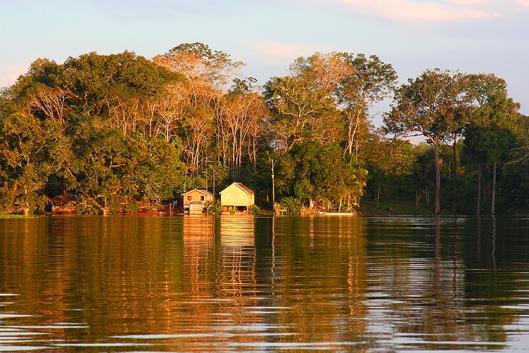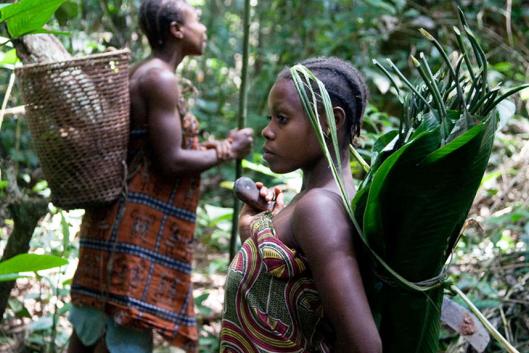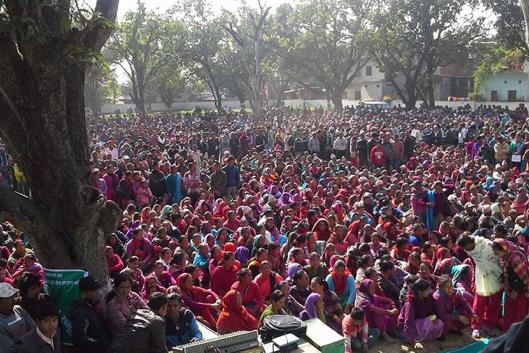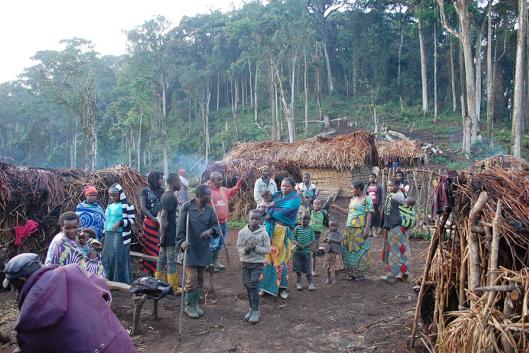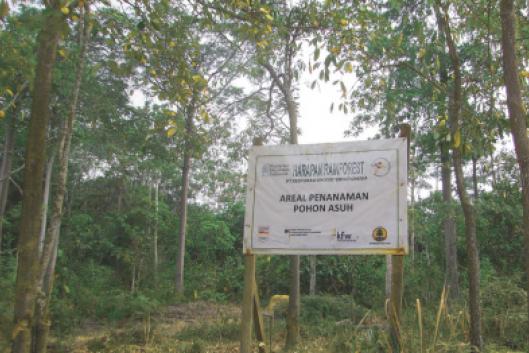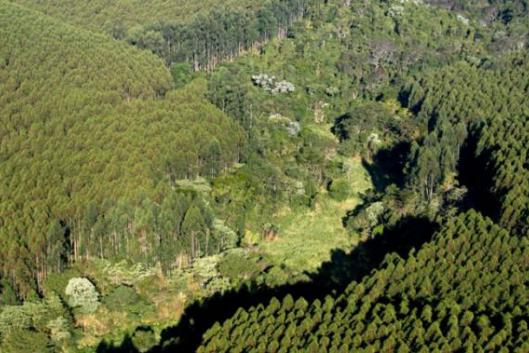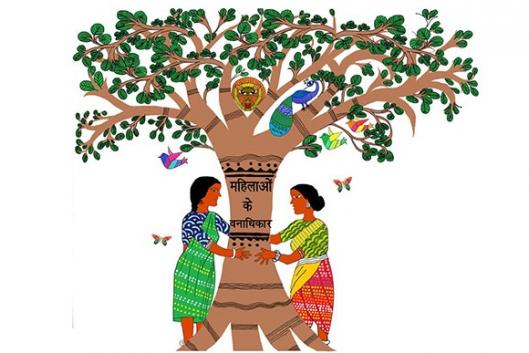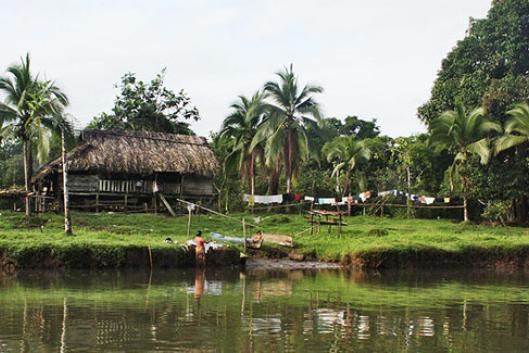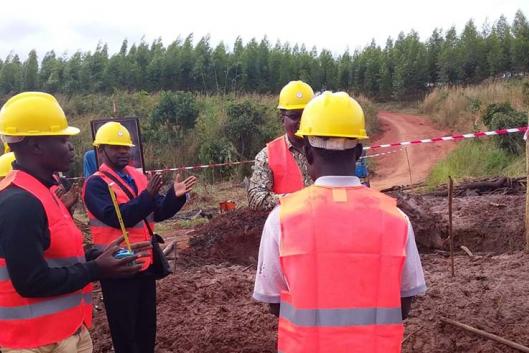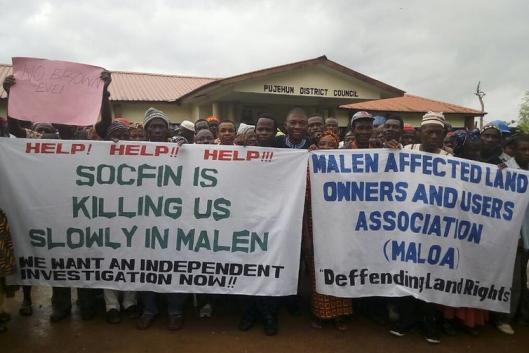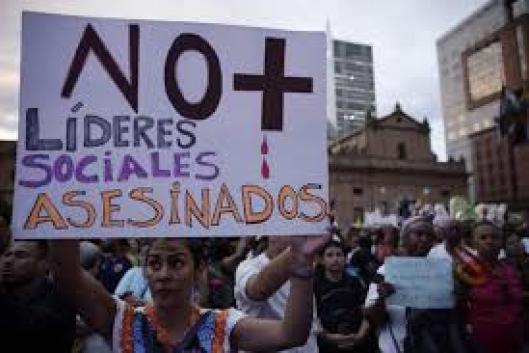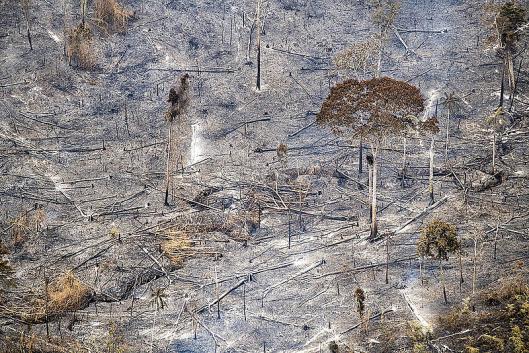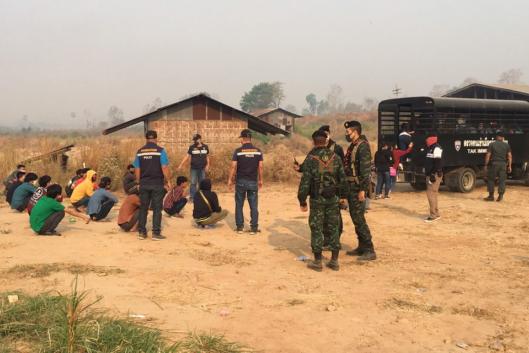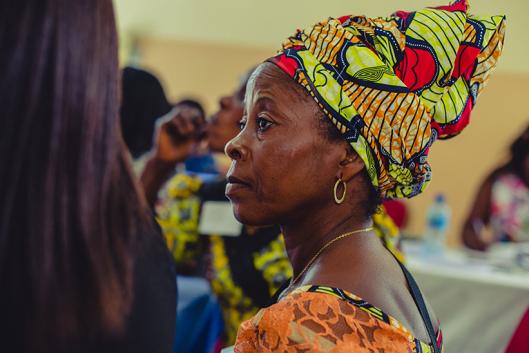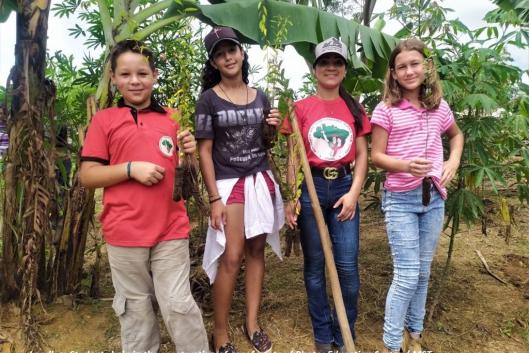The environmental, climatic and social crisis has been a reality for many for a long time. Yet, rather than acknowledging their contribution to this crisis, corporations and allies use the pandemic to amplify their push to expand Protected Areas, presenting it as a "global solution".
Bulletin 249 - March/April 2020
Protected Areas feed corporate profiting and destruction
This Bulletin articles are written by the following organizations and individuals: Survival International; the Federation of Community Forest Users in Nepal (FECOFUN); the Center for the Accompaniment of Indigenous Pygmies and Vulnerable Minorities in DRC (CAMV); an activist from Brazil; the Forum For Women Farmers' Rights in India (MAKAAM); Missão Tabita in Mozambique and members of the WRM international secretariat.
WRM Bulletin
249
March/April 2020
OUR VIEWPOINT
PROTECTED AREAS FEED CORPORATE PROFITING AND DESTRUCTION
-
14 May 2020The conservation industry’s plan to double the size of Protected Areas (PAs) is supposed to be the solution to biodiversity loss, climate change, and now even COVID-19! Although PAs will solve none of these, if the conservation industry keeps repeating a big lie, people will eventually come to believe it.
-
14 May 2020When the Chure region was declared a Protected Area, the rights of thousands of Community Forest Groups were undermined. They keep resisting despite the overall violence and the accepted project from the Green Climate Fund.
-
14 May 2020A group of riparian Batwa people, exasperated by the extreme poverty following their eviction in order to establish the Kahuzi Biega National Park, decided to return to their ancestral forests. Since then, they regularly clash with the “eco-guards,” sometimes leading to the loss of human lives.
-
14 May 2020Back in 2004, conservation NGOs and the Indonesian Ministry of Forestry pioneered with a model called Ecosystem Restoration Concessions. This article takes a closer look at this model in the context of new and old threats to forests, and the global push for “forest restoration”. (Available in Indonesian).
-
14 May 2020A key tactic for the giant pulp producer, Suzano S.A, to keep expanding its industrial eucalyptus plantations in Brazil, is to market itself as a company that practices “conservation” and “restoration.” This conceals its disastrous track record related to forest and forest-dwelling populations.
-
14 May 2020The inter-dependencies in and among communities with their life spaces and practices sheds light to the conservation practices of forest communities. And within these interdependencies lie the stories of women.
-
14 May 2020The indigenous Ngäbe-Buglé people had to endure brutal repression to avoid the onslaught on their territories. They managed to get the Government to ban mining and hydroelectric dams in their territory. However, another intense onslaught came from conservationist NGOs.
-
14 May 2020In response to an article that was published in WRM’s bulletin, Missão Tabita and WRM received letters from the plantation company, Portucel, and the organization, ORAM. The letters claimed that the article was untrue; however, neither Portucel nor ORAM could prove that the information published was not true.
RECOMMENDED
-
13 May 2020Civil society organizations welcomed a Technical Committee report set up by the government of Sierra Leone to look into a legal dispute between the multinational company Socfin and communities affected by the company’s oil palm plantations in the Malen Chiefdom in Sierra Leone. The completion of the report concludes the investigative phase of the conflict resolution process concerning the land conflict between Socfin and communities in the Malen Chiefdom and is an important step towards finding a resolution to the long-standing land dispute.
-
13 May 2020Different national and international movements, organizations and networks condemn and vigorously denounce the systematic and selective murders of comrades from rural and urban organizations in Colombia, without the government or multilateral institutions having done a responsible follow up of the murders and massacres perpetrated. Since March 6, when the first case of COVID-19 in Colombia was reported, more than twenty social leaders have been murdered. We stand in solidarity with and demand justice for all those comrades from various Colombian peoples’ organizations. On top of killings, there are constant threats and attacks against trade union and peoples' leaders in all regions of this South American country.
-
13 May 2020In the opening article for the Focus on the Global South newsletter, Shalmali Guttal alerts on how lockdowns in Pakistan, India, Thailand, Vietnam, Cambodia, Myanmar and Philippines have left millions of informal sector, agricultural and migrant workers, street vendors, and entertainment and hospitality workers stranded without wages, shelter, food and health care, and have prevented farmers, fishers and herders from crucial food production activities. She further alerts on one of the biggest dangers of emergency measures that are supposed to protect people during exceptional circumstances, such as COVID 19: they can persist indefinitely.
-
13 May 2020The African women network against resource extraction (WOMIN) has compiled useful information for activists confronting the measures against the pandemic. The compilation gathers basic health information, tools to help organizing work (how to access legal aid, how to care for your community in a crisis, how to organize meetings and workshops online), as well as readings for further analysis and research, especially from an eco-feminist, gender-justice and radical analytical lenses and with a conscious effort to profile African movement and activist contributions to this growing debate.
-
13 May 2020500 native trees and 500 fruit trees were planted at the Maila Sabrina camp, during the closing of the Training Course for Pedagogical Collectives of the Schools of the Landless Rural Workers Movement (MST) in Paraná. The action is part of the National Plan “Plant Trees, Produce Healthy Foods”, launched by the MST at the end of 2019, with the goal of planting 100 million trees throughout Brazil, over 10 years. The mystical and political act of planting trees denounced the perverse and destructive logic of agribusiness and the mining market.
